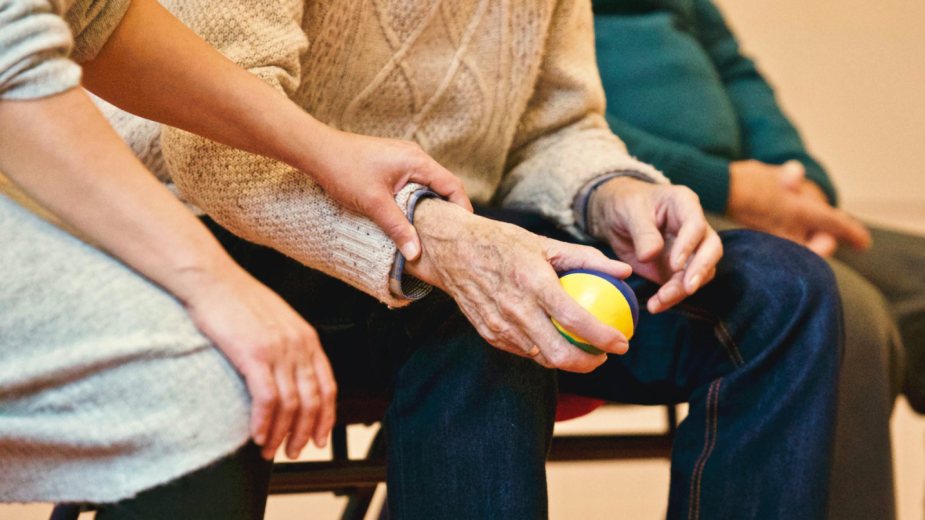Skilled Nursing Center vs. Home Health Care: What Are the Benefits?
There is no such thing as a one-size-fits-all health care plan. Each patient has his/her own unique set of both medical circumstances and family dynamics.
While procedures and recovery might seem routine, all patients respond differently to post-operative care. In many cases, it could be the patient’s settings and surroundings that impacts their response, say the experts at Windsor House, the Girard company that operates 12 nursing homes and five assisted living communities in the region.
In addition, even though there may be best intentions, many families are not equipped to handle the care of an aging parent or senior.
The general demands of work and kids’ schedules often get in the way of effectively handling the care. This is an added stress on the whole family – one that can be aided by an outside professional with experience in handling such situations.
These are just a few of the considerations to be made when evaluating a care plan for your aging parent or loved one. You might be faced with a decision, and want to know which is better for your situation, a skilled nursing facility or home health care?
According to Windsor House, it boils down to several equally important factors: severity of condition, the intensity of coverage required, and cost. Here is information to help you make the best decision:
What is a skilled nursing facility (SNF)?
Using industry jargon, a skilled nursing facility is often called a “sniff” because of the SNF acronym.
A skilled nursing facility offers care that meets strict criteria regulated by the U.S. Department of Health and Centers for Medicare & Medicaid Services (CMS). The care is delivered by licensed nurses and overseen by a medical director. The staff also works with the residents’ personal physicians to plan and oversee their health issues.
Skilled nursing is recommended when the patient needs monitoring and support 24/7, which is critical to many during a tenuous healing process.
What is home health care?
According to Medicare.gov, home health care (HHC) offers a wide range of health care services that can be given in your home for an illness or recovering from an injury.
Home health care services include postsurgical wound care, intravenous or nutrition therapy, injections, or even patient and caregiver education.
Even though HHC services are provided in the home, they still follow a specific plan of care to aid in the treatment of an illness or injury, or to aid with postsurgical procedures.
Home health care staff helps patients increase their ability to tend to their everyday needs, while remaining in the comfort of their own home, apartment or assisted living community.
Which one is right for you or your loved one?
Many factors are considered when choosing a course of action and a care plan for yourself or your loved one. Much of it depends on the severity of the medical situation, and also the willingness of family members to support home health care providers in the home.
When a family member is unable to provide the necessary care for a loved one, the responsible decision is to choose a setting where that individual’s unique needs can be met.
Examples include a need for increased levels of care from licensed medical staff to thwart any complications or infections.
Another reason to choose skilled nursing is when therapy is required at a higher intensity. The facility has additional equipment or tools to increase independence in less time – effectively reaching their goals faster than if done in home health care.
Benefits of skilled nursing are:
• Physical, occupational and speech therapies.
• 24/7 care.
• Podiatry care
• Lab, X-ray and pharmaceutical services.
• Vision and audiology care.
• Psychological services.
• Dental care.
In addition, a social services department acts as an advocate for residents, facilitating solutions and assisting them and their families with the transition and stay in long-term care.
Home health care is still provided by skilled professionals with a care plan that may not require the round-the-clock intensity levels.
Often the goal of home health care is to treat an illness or injury. Home health care helps you get on a path to healing and ultimately regain your independence and become as self-sufficient as possible.
Home health care can also be delivered to maintain current conditions or to slow the decline of a situation. Services can help patients with dressing and preparing for the day. They can also support the delivery of medication.
Whether you choose the skilled nursing facility or home health option, Windsor House has you covered.
Windsor Home Health can offer both in-home care and the skilled nursing facilities Windsor House operates.
If you have any questions, contact us at 330 545 1550 or visit WindsorHouseInc.com.
The Scoop on Senior Living is sponsored editorial content produced by Windsor House.
Copyright 2024 The Business Journal, Youngstown, Ohio.



